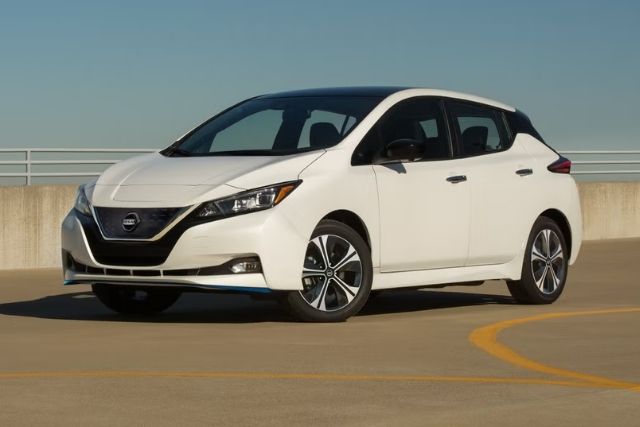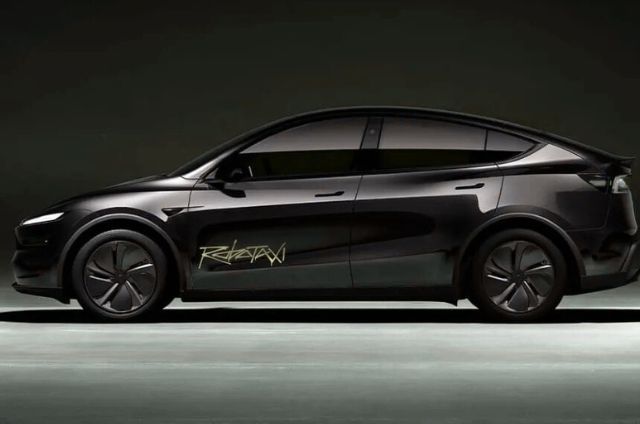Nissan has announced a recall for 23,887 Leaf electric vehicles (EVs) from the 2019 and 2020 model years due to a serious risk of overheating and potential fire while fast charging. According to the National Highway Traffic Safety Administration (NHTSA), this defect is because of the excessive lithium deposits in the battery cells, which can lead to increased electrical resistance and higher heat levels.
The affected models include a mix of vehicles with both the 40-kWh standard battery pack and the larger 60-kWh battery pack. Although just 1% of the recalled vehicles may have the defect, Nissan is advising all owners of these models to refrain from fast charging until repairs will finish.
Owners of the affected vehicles may notice warning signs such as smoke, unusual noises, interrupted charging, or smells associated with overheating. However, Nissan has not reported any confirmed incidents of fires due to this issue at the time of the recall.
Nissan’s Response to Battery Overheating
Nissan is currently working on a software update to resolve the overheating issue. The automaker expects the update to be available by November and will install it free of charge at Nissan dealerships. Owner notification letters explaining the recall and outlining the next steps will be mailed out by the end of this month.
In the meantime, Nissan advises Leaf owners affected by the recall to contact customer service at 1-800-867-7669 or visit the company’s recall hub online for more information. Nissan’s internal reference number for this recall is R24B2.
While the Leaf has been a staple in Nissan’s EV lineup, it’s now the last electric vehicle in their portfolio that still uses CHAdeMO fast-charging technology. In fact, the Nissan Leaf has remained a popular choice among electric vehicles, particularly due to its affordability and availability of CHAdeMO fast charging. However, the lack of significant updates over the years has raised concerns about its competitiveness in the rapidly evolving EV market.



